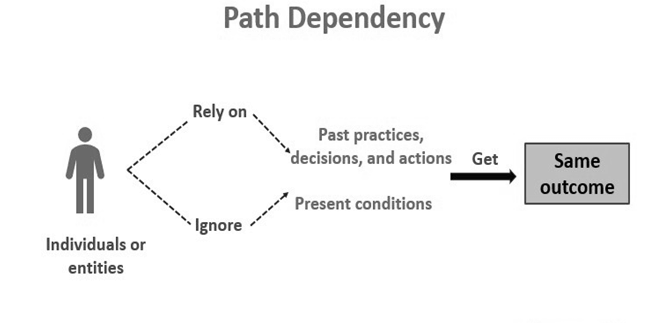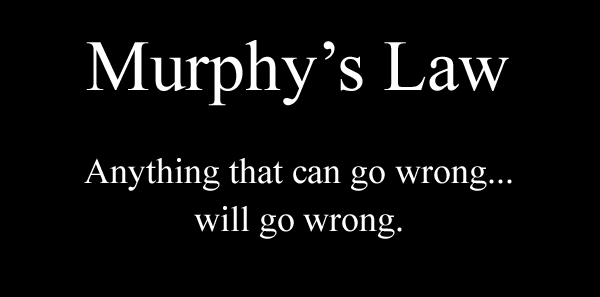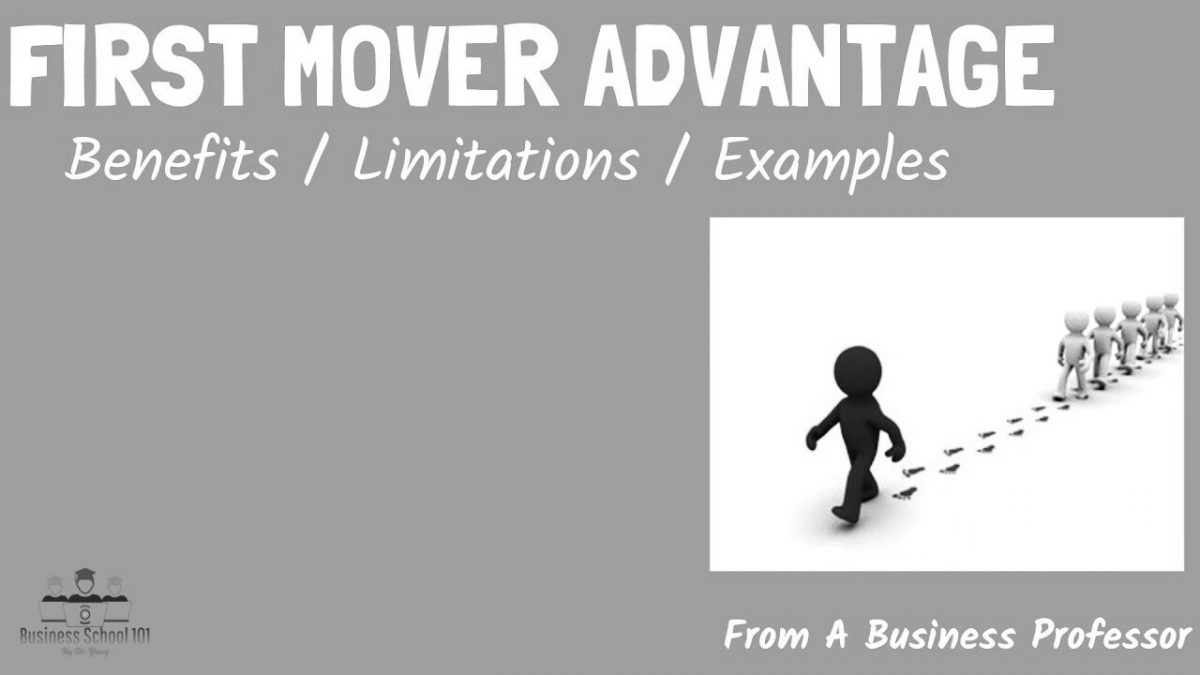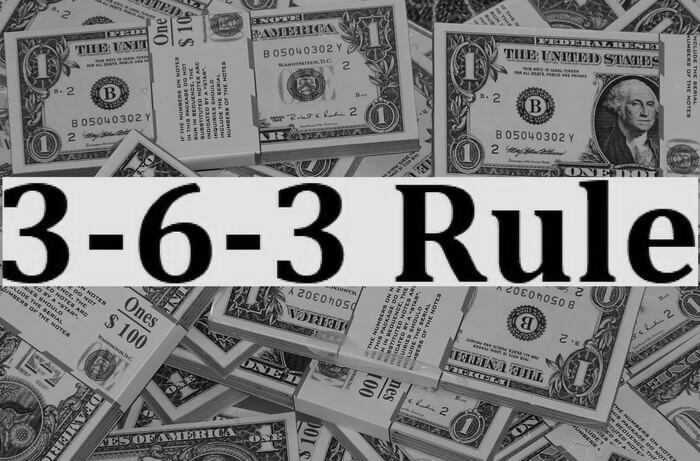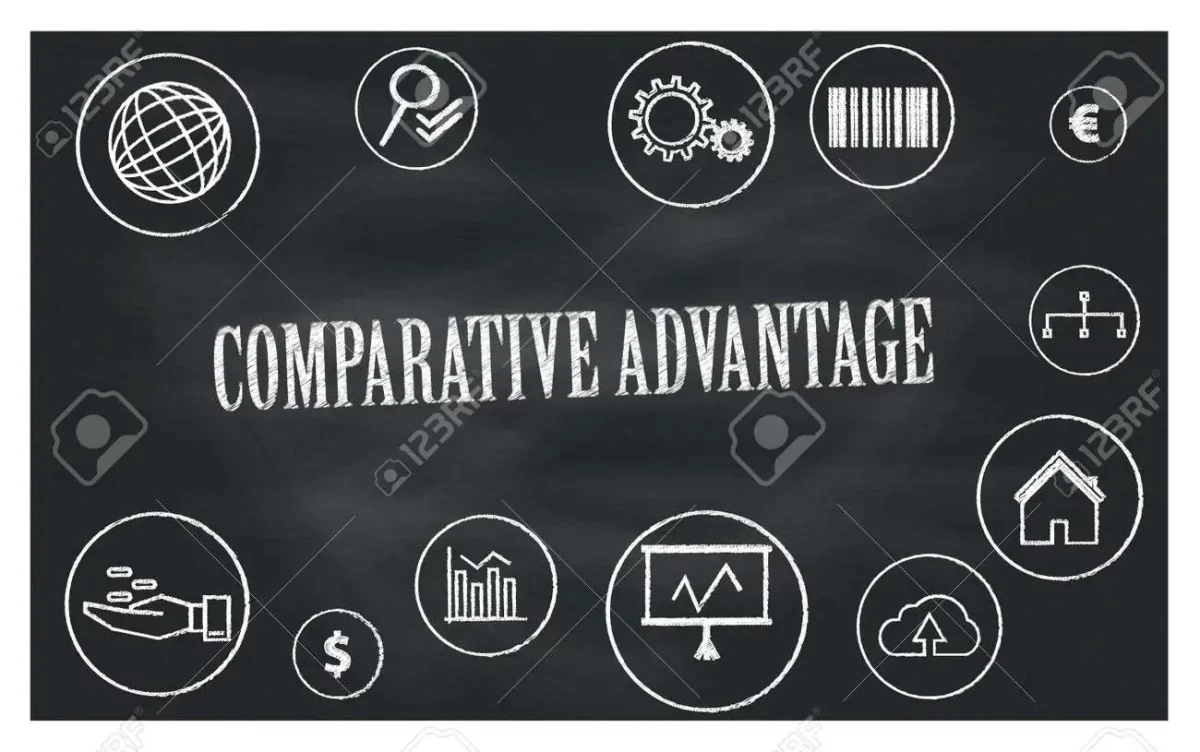Introduction In the realm of decision-making, our choices are often shaped by the past. Path dependence, a mental model rooted in history, highlights how previous decisions or events can profoundly impact present and future choices. Defined as the idea that the options available to us are influenced by the decisions and circumstances that have come […]
